St Barbara is commemorated today in the Church’s prayer of the Divine Liturgy and the Hours.
There is little doubt that the legendary story of the Holy Martyr Barbara was embellished a bit by early hagiographers. There is no reason for this, since the mere fact that someone who comes to faith in Christ is willing to lay down their life for him. For this reason, the more plausible facts of her life are a beacon for us who struggle in and for the faith. Her story tells us that she was a philosopher, a “lover of wisdom.” It was her love of wisdom, guided by grace that brought her to faith in the one true God in the Holy Trinity.
It is a reminder that our faith is not blind, it is rational, based on an authentic consideration of reality. Clement of Alexandria was one of the first Christians to see the value of Greek philosophy for the Christian faith, and on this same day, December 4, we celebrate the memory of Our Holy Father John Damascene, who wrote a massive work, the Fount of Wisdom, reasoning about our faith.
St. Barbara, however, shows that once we believe in the true God, it becomes more than just an intellectual exercise, but it changes and transforms our whole life, so that we cannot live any other way, and so she gave up her life for her faith. The story also tells us that it was her very own father who executed her. This is plausible. We know, as Christ told us, “From now on a household of five will be divided, three against two and two against three; a father will be divided against his son and a son against his father, a mother against her daughter and a daughter against her mother, a mother-in-law against her daughter-in-law and a daughter-in-law against her mother-in-law” (Luke12:52-53).
What does family truly mean in our faith? What does it mean to be a father? Should not a father encourage his daughter to become her own person, and not simply to imitate his way of life? A beautiful idea, but how do we carry it out in practice? What if the roles had been revered and the father was a Christian and his daughter would want to revert to paganism? Would he then be justified in his actions? I think some of us might say yes. We have difficulty, I think, separating sin and sinner. We say, “Hate the sin, but love the sinner,” but we have difficulty distinguishing the two, and we end up hating the sinner double. The father would not be justified in killing his daughter, even if she was wrong, and even less, of course, because she was right.
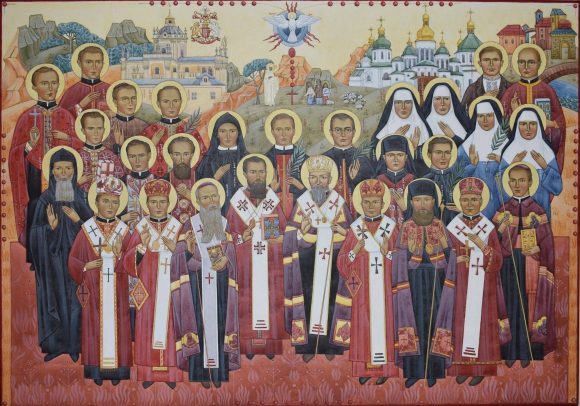
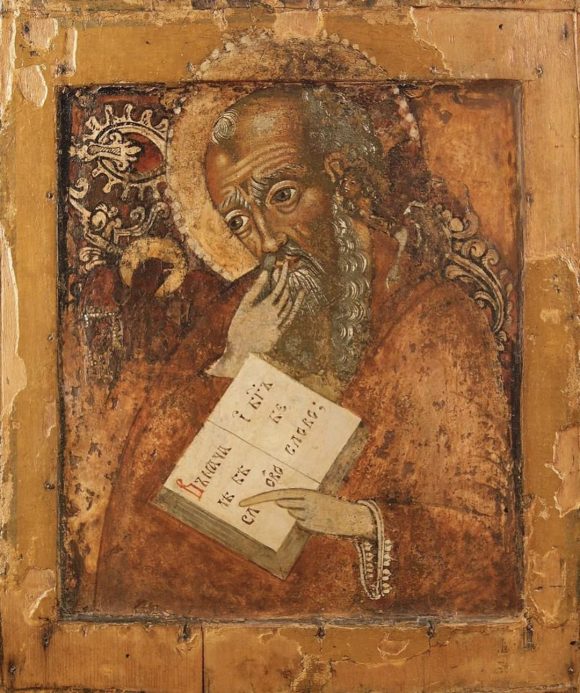
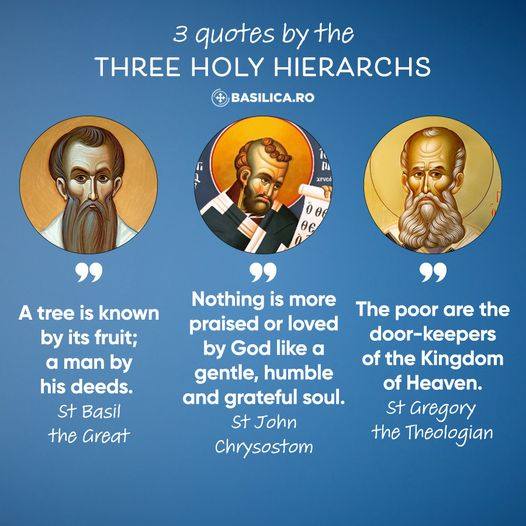
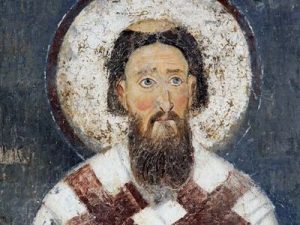 Today our Church recalls one the important saints, Our Venerabe Father Savva (Saba or Sabbas) the Sanctified.
Today our Church recalls one the important saints, Our Venerabe Father Savva (Saba or Sabbas) the Sanctified.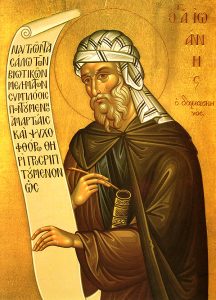 Also, today we liturgically recall St John Damascene on the same day we commemorate St Barbara.
Also, today we liturgically recall St John Damascene on the same day we commemorate St Barbara.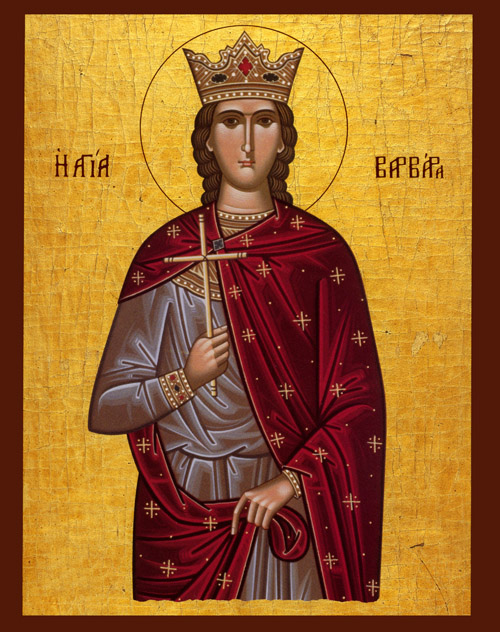
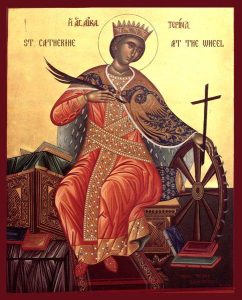 Troparion for St Catherine:
Troparion for St Catherine: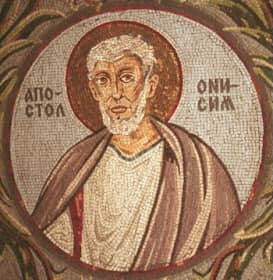 Today the Church commemorates the memory of one Saint Paul’s close collaborators in preaching Savior’s Good News. He was born in Turkey and died in Colossae.
Today the Church commemorates the memory of one Saint Paul’s close collaborators in preaching Savior’s Good News. He was born in Turkey and died in Colossae.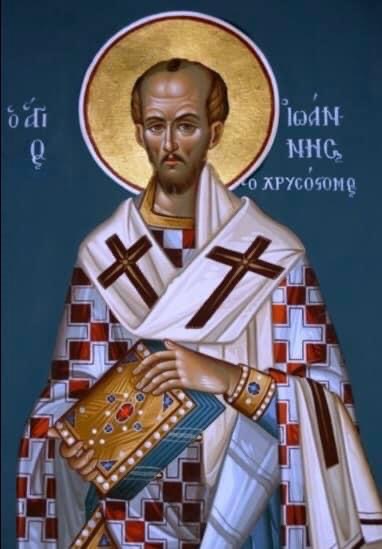
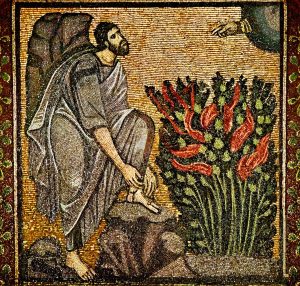 Today, the Church honors the memory of the Holy Great Prophet Moses, called the God-Seer and lawgiver, and born into the tribe of Levi. Scholars say he flourished 14th–13th century BCE. As we know, under Moses’ leadership the Hebrew people were lead to their freedom from the Egyptian oppressors in what is called the Exodus, meeting with God (see the image with this post) AND received the revelation from God that became the Pentateuch (the first five books of the Bible).
Today, the Church honors the memory of the Holy Great Prophet Moses, called the God-Seer and lawgiver, and born into the tribe of Levi. Scholars say he flourished 14th–13th century BCE. As we know, under Moses’ leadership the Hebrew people were lead to their freedom from the Egyptian oppressors in what is called the Exodus, meeting with God (see the image with this post) AND received the revelation from God that became the Pentateuch (the first five books of the Bible).